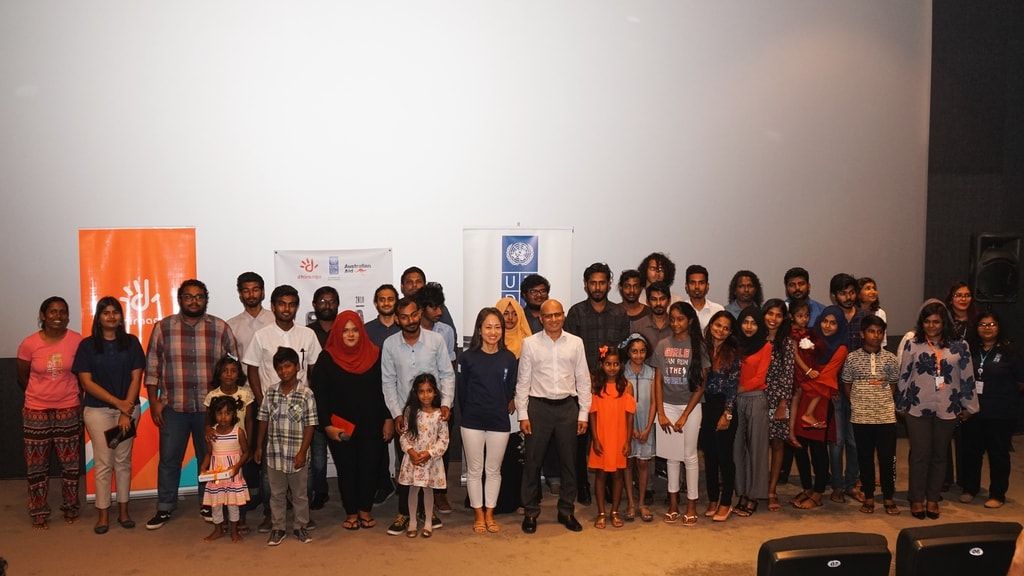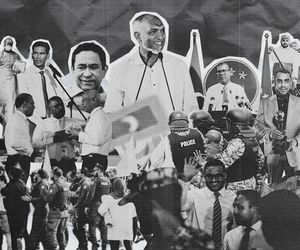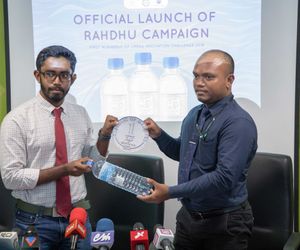Young people making films for change in the Maldives
The UNDP project helps young people to explore socially significant issues through short films.

24 Aug 2018, 09:00
Earlier this month the United Nations Development Programme launched the second edition of its Film for Change project in the Maldives.
The initiative helps young people to explore socially significant issues through short films. Participants are guided by mentors on the technical and creative skills needed to make documentary-style movies.
Themes are inspired by the UN’s Sustainable Development Goals and this year’s were focused on Quality Education (SDG4), Gender Equality (SDG5), Climate Action (SDG13), and Life below Water (SDG14).
The Maldives Independent spoke to some people who took part in last year’s project.
Become a member
Get full access to our archive and personalise your experience.
Already a member?
Discussion
No comments yet. Be the first to share your thoughts!
No comments yet. Be the first to join the conversation!
Join the Conversation
Sign in to share your thoughts under an alias and take part in the discussion. Independent journalism thrives on open, respectful debate — your voice matters.




